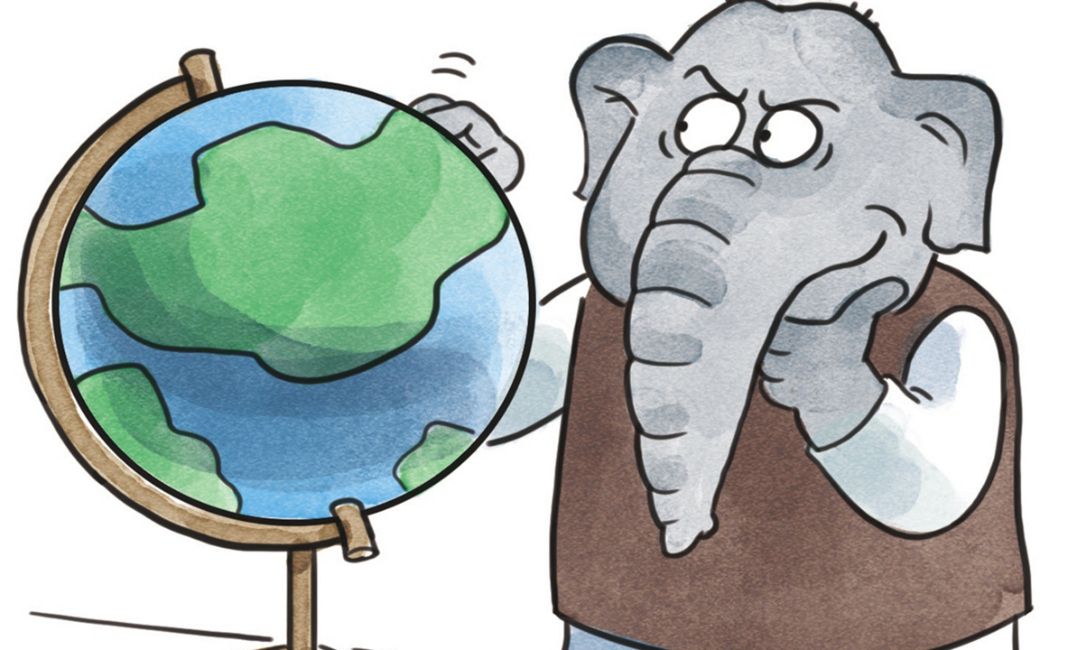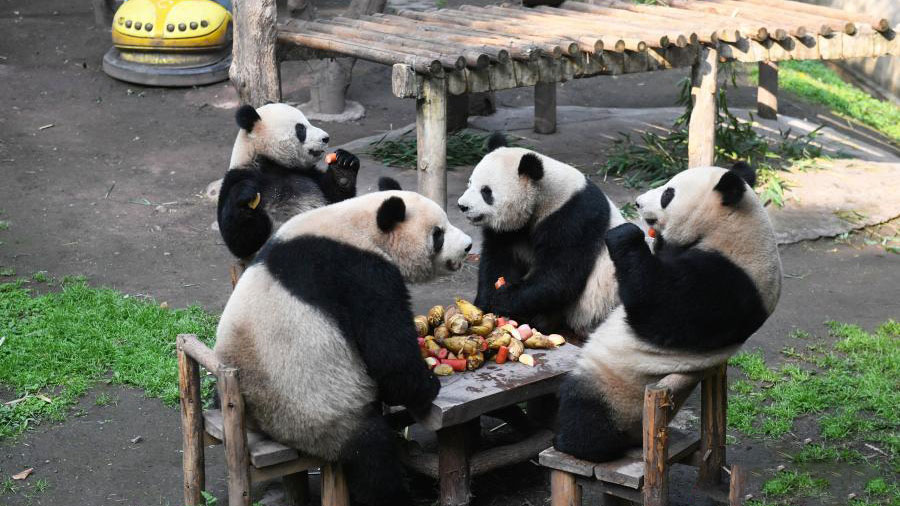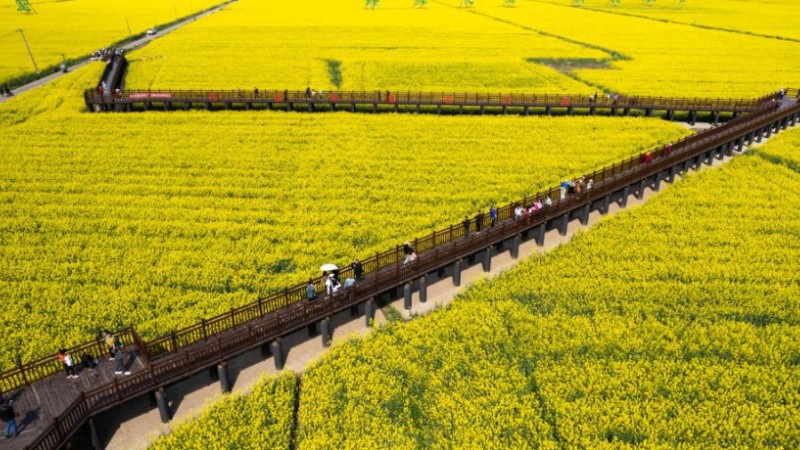India, regional countries 'unlikely to follow' Japan's upcoming Indo-Pacific strategy to curb China influence

India Illustration: Liu Rui/GT
Japanese Prime Minister Fumio Kishida is set to unveil a plan to promote Japan's Indo-Pacific strategy to curb China's influence during his upcoming visit to India, Japanese media outlets reported. However, it is likely that Japan's bid to seek support from India will be unsuccessful, and other developing countries in the region will not be willing to join the plan either, experts said.
The plan will promote "a free and open Indo-Pacific," a Japan-led initiative aimed at "curbing China's growing regional assertiveness," the Japan Times reported on Wednesday, citing a senior government official. The plan is set to be unveiled during Kishida's three-day India visit, which starts Sunday.
Kishida's proposal would include the provision of nonmilitary equipment and infrastructure support for nations in the Asia-Pacific region that have been "facing threats from Beijing's military buildup in the South China Sea," said Japanese Foreign Ministry spokesperson Hikariko Ono.
The announcement came as US and its Asian allies, especially Japan, have been keen to rope in India into their camp. Kishida's decision to make the announcement during his visit to India also proves that he wants to take this opportunity to further win the country over, Da Zhigang, director of the Institute of Northeast Asian Studies at Heilongjiang Provincial Academy of Social Sciences, told the Global Times on Thursday.
Japan hopes to use this plan to court India and bring it closer to Japan's bloc with the US and EU on geo-security issues, and to bind their interests even further, using India as a bargaining chip to expand its influence in the region and to contain China, Da said.
However, the expert pointed out that while Japan and India have historically been friendly and the two countries are both part of the US-led Quadrilateral Security Dialogue (QUAD), it is unlikely that India can be won over.
Amid recent US' moves to create bloc confrontations and force countries to take sides in the Russia-Ukraine conflict, India has deliberately distanced itself from the US-led bloc, even as Washington repeatedly tries to pull it in, Da said, which is a testament to India's insistence on diplomatic independence, a principle it has always espoused.
The expert believed that India will make choices that are consistent with its national interests and great power status, and will also take into account its economic, trade and geopolitical relations with China, rather than fall back completely on Japan and the US.
According to Japanese media outlets, Kishida will also explain his strategy to offer extra help to developing and emerging countries — known as the "Global South." Nonetheless, it is also unlikely that these developing countries will follow Japan's plan and become part of it, analysts said.
China is the largest or second largest trading partner of many developing countries in the Indo-Pacific region, including the island nations of the South Pacific, Da said. "It is not in the interests of these countries to be openly antagonistic to their major trading partner."
Photos
Related Stories
- India's exports to rise over 15 pct in 2022-23 FY
- Wholesale inflation falls to 3.85 percent in India
- India's top court dismisses compensation petition for 1984 Bhopal gas tragedy victims
- Local gov't in India's Assam imposes ban on entry of poultry, pigs to prevent spread of disease
- Indian gov't asks power companies to ensure no load-shedding in summer
- Indian gov't imposes money laundering provisions on cryptocurrencies
- Indian navy helicopter makes emergency landing off Mumbai coast, crew rescued
- India's agriculture under spell of looming heatwaves
- Indian gov't releases guidelines for celebrities, social media influencers to endorse products
- 4 killed, 4 injured in firecracker factory blast in India's Odisha
Copyright © 2023 People's Daily Online. All Rights Reserved.









